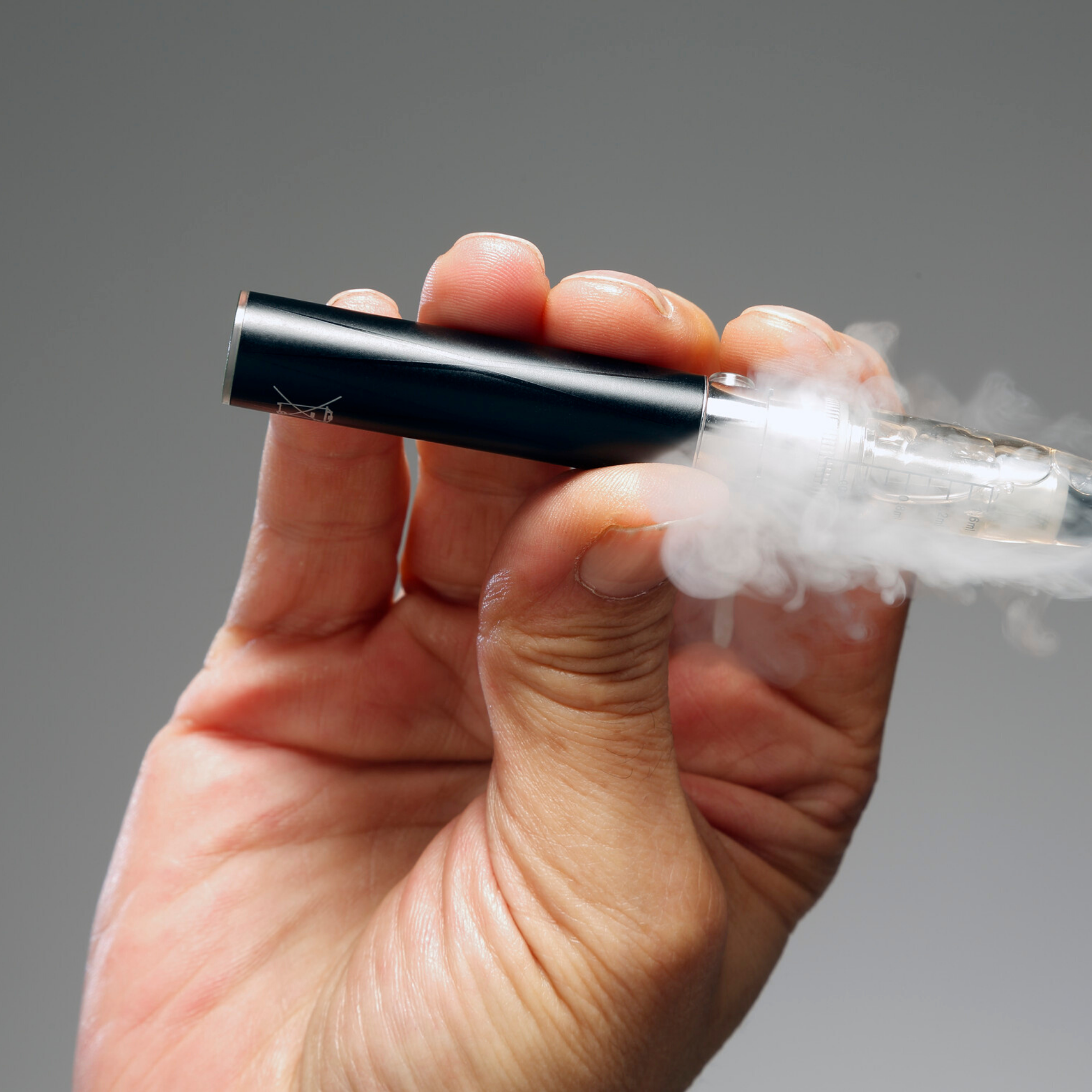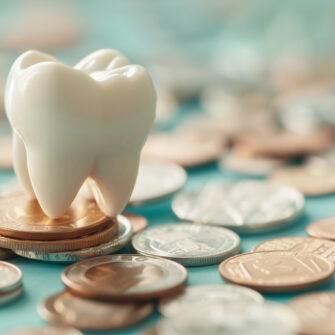It’s no secret, as you age, so does your smile. Teeth wear down as we chew our way through a lifetime of meals. Did you also know, teeth can move and shift well into adulthood? Here’s a roundup of 4 common changes orthodontists see in patients as they age:
1. Bottom teeth crowding
As you age, your jaw bone loses density and shrinks. The mismatched size of the jaw bone with teeth can lead to crowding of the bottom front teeth. Crowding can also occur because other issues such as breathing through your mouth, reverse swallowing, tongue thrusting or facial trauma.
2. Front teeth gap
Space between two front teeth is referred to as a diastema, and it can develop for a variety of reasons. Crowding of teeth or unproportioned jaws and teeth can cause spacing to gradually occur. Swallowing, with the pressure of your tongue pushing against your front teeth, rather than positioning itself at the roof of your mouth, can also cause teeth to separate over time. Gum disease is another trigger for spacing, because of the inflammation.
3. Post-orthodontic teeth shifting
Our bodies change our whole life, and our teeth change, too. After orthodontic treatment a retainer is needed to maintain teeth in position. As we age, if teeth are restored or lost, new proper fitting retainers will be needed to prevent unwanted change.
4. Wrong bite
Do you get headaches, clicking and popping jaw joints, grind your teeth or even back pain? You may have a bite disorder, which occurs when the lower and upper jaw don’t align, called malocclusion.
These changes may be completely normal, but that doesn’t mean you just have to live with them. The number of adults undergoing orthodontic treatment is at an all-time high. An estimated 1.61 million adults underwent orthodontic treatment in the U.S. in 2018. That’s one in four adults!
Whether you’re eight or 80, the biological process of orthodontic treatment is the same. Adults have denser bone tissue than children, so treatment may take a little longer, but age does not keep teeth from moving. Check out our Adult Guide to Orthodontics for more information.
You can work with an American Association of Orthodontists (AAO) Orthodontist to achieve a healthy, beautiful smile at any age. The AAO can help with these common teeth problems and more. Find an Orthodontist near you at aaoinfo.org.



